Well-fed pigs show more play behaviour
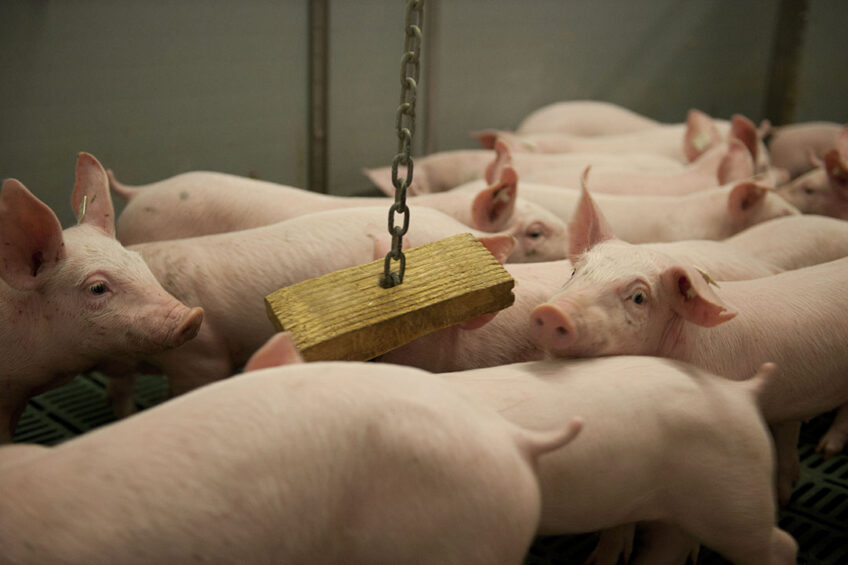
Researchers from Aarhus University, and the KU Leuven found that nutritional stress limits play behaviour performance, and negatively impacts pig welfare.
Play behaviour in young pigs is an energetically and cognitively demanding activity. It is an indicator of positive animal welfare displayed in a relatively safe and stable environment. On the other hand, little play or play without engagement suggests the presence of physical, physiological, or psychological challenges. In modern production systems, weaning causes nutritional stress in pigs. This makes it a suitable context to evaluate the validity of play behaviour as a pig welfare indicator, according to the researchers.
Data collection
The research team included 306 pigs (50% castrated males, 50% females) from 24 litters in their study. Weaning took place as close as possible to 28 days old. Pigs had ad libitum access to a pelleted standardised weaner diet with no medical zinc oxide added. They were fed once daily, in the morning.
The team recorded pig weight gain in the pre-weaning and post-weaning periods. They recorded play behaviour such as locomotor-rotational play (i.e., gamboling, scamper, flop, head toss, hop/pivot, turn, shake straw, and throw straw) and social play (i.e., climb, follow/chase, lever, nudge, push, and play fight) at an individual level in the period with least disturbance across pens and with artificial lights on. In addition, one trained experimenter registered the frequency and latency of individual visits to feeders and drinkers.
The impact of weight gain on play behaviour
Pigs with a low weight gain spent the shortest time performing locomotor-rotational play and social play. Pigs with amedium to high weight gain showed higher odds of performing locomotor-rotational play and social play.
The impact of feeding behaviour on play behaviour
Pigs with an average number of visits to the feeder tended to spend the longest time performing locomotor-rotational play. Pigs that used the feeder very little showed the lowest odds of performing locomotor-rotational play.
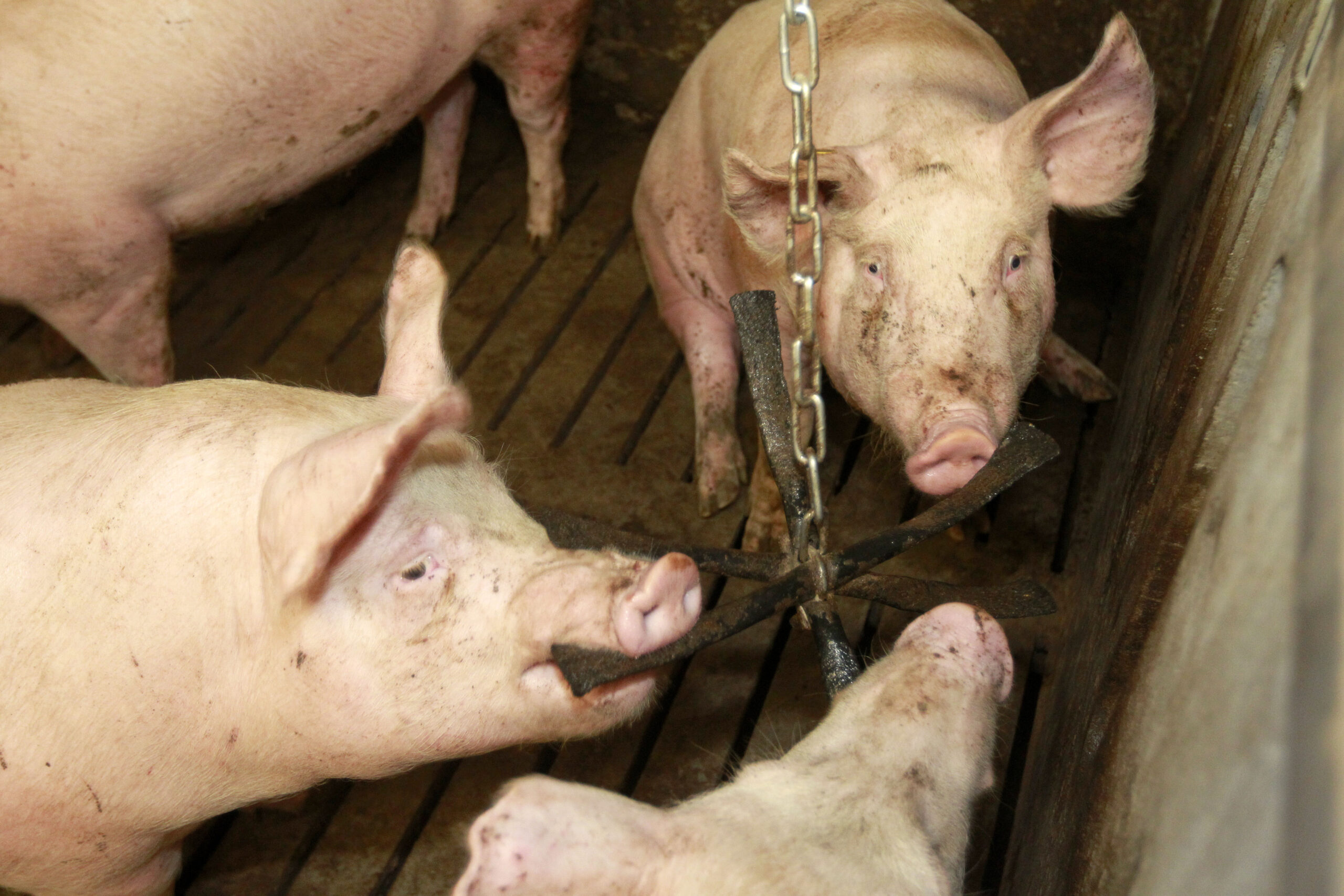
The impact of drinking behaviour on play behaviour
Pigs that did not often use the drinker spent the shortest time performing locomotor-rotational play. However, they did show more locomotor-rotational play than pigs with an average number of visits to the drinker. The team associated locomotor-rotational play with a visit to the feeder within 24 hours following weaning.
Value of play as a positive animal welfare indicator
The weight gain from birth to weaning reflects long-term pig development. The weight gain from day 7 to weaning reflects the short-term pig nutritional status pre-weaning. Weight gain as an indicator of well-nourished individuals is positively related to play behaviour pre- and post-weaning except in the first 24 hours post-weaning.
Within the first 24 hours post-weaning, pigs with a low, medium, and high weight gain displayed weight loss and a dramatic decline in time spent playing, due to the negative effects of early abrupt weaning. This included separation from the sow, environmental change, social stress, undernourishment, and a motivational shift toward feeding and conserving body energy reserves.
Variation in water intake
Variation in water intake as an essential facet of pig nutrition, health, and welfare can indicate health issues or thermal stress. In addition, play behaviour requires energy and nutrient expenditure. Therefore, a higher water intake is a way to restore water and nutrients expended during play. Furthermore, pigs that compensate the loss of milk at weaning by visiting feeder sooner and increasing their intake of solid feed and water are better nourished and thus more motivated to play.
In the conclusion, the researchers wrote that “Our results support the hypothesis that animals experiencing a more stable condition (e.g., better nourishment) are more motivated to perform play behaviour”.
 Beheer
Beheer

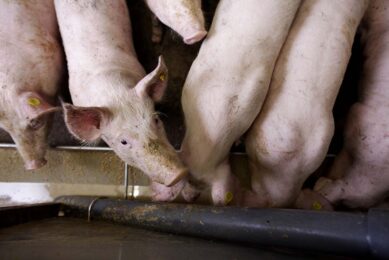
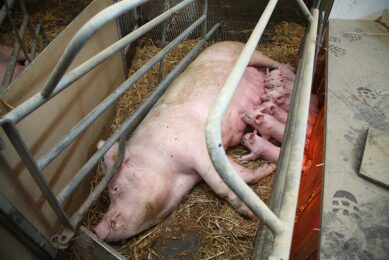
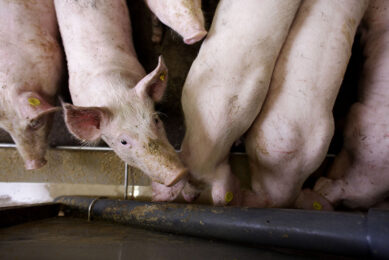
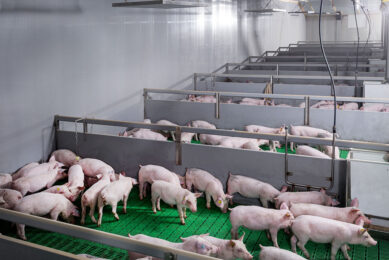



 WP Admin
WP Admin  Bewerk bericht
Bewerk bericht